Krsna Slava (Patron saint day), as the most significant family holiday, the fundament of origin and identity, is a universal but primarily religious and traditional trademark of the Serbs. Serbs are the only Christians who celebrate “slava” – a patron saint day. It is the tradition of the ritual celebration and veneration of a family’s own patron saint. It is the family holiday when with prayer and rituals family remembers their ancestors who celebrated the same saint. Unlike most customs that are common for an entire nation, each family separately celebrates its own saint.
Sons inherit the slava from the head of the household, normally from their fathers, while daughters inherit a “slava” only if they don’t get married because married women celebrate their husbands’ “slava”.
The central elements of “slava” (patron saint day) are the icon of the patron-saint, “slavski kolač” (literarly: “slava” cake), “žito” (boiled wheat) and wine. The most important part of the ritual is the church service with the blessing of the “slavski kolač”, “žito” and wine. These are gifts that represent a bloodless sacrifice glorifying God and the saints, then for souls of deceased family members and health and prosperity of those who celebrate and honor the particular “slava”.
There are 78 “slavas” in Serbia, and the most celebrated is the one in honor of Saint Nicholas on December 19th – “Nikoljdan” (about half of the population in Serbia celebrate this “slava”).



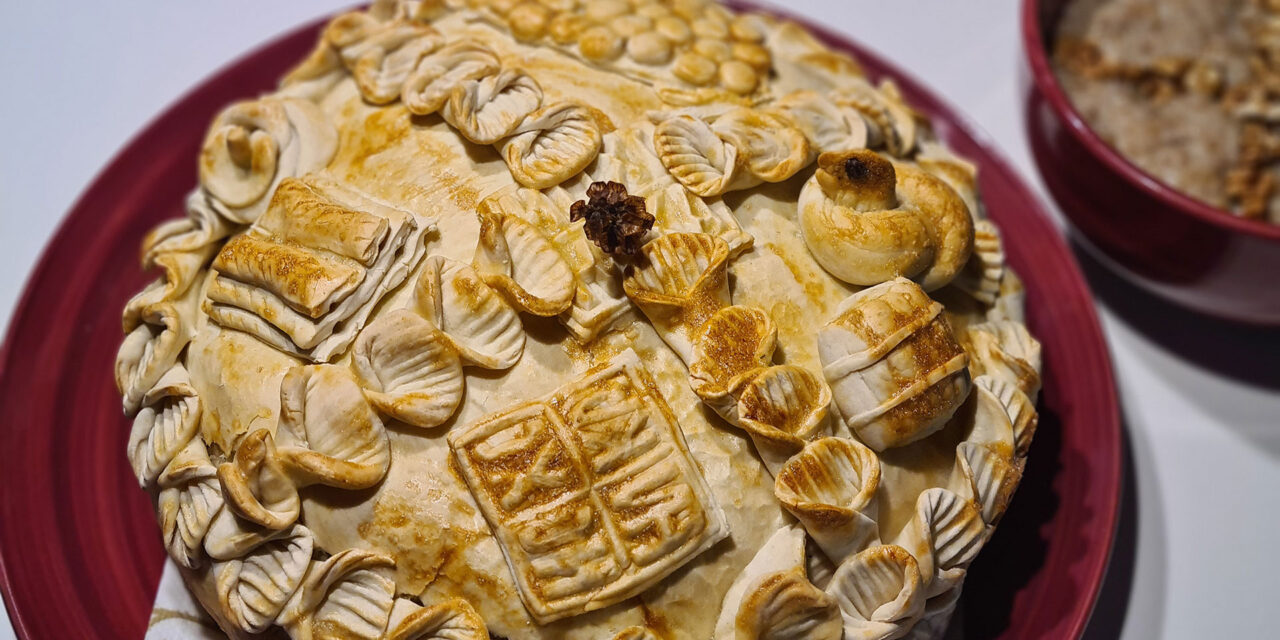
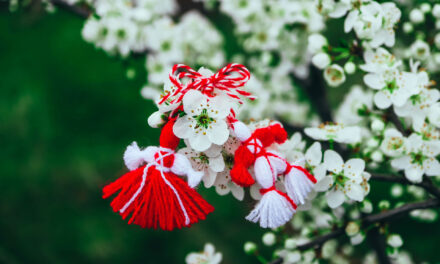
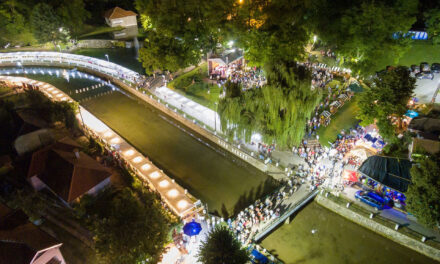
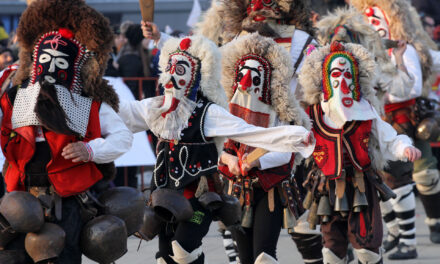
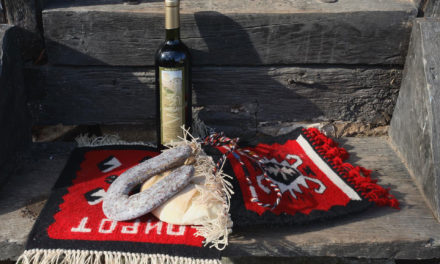


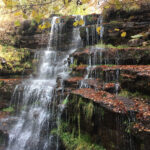

Recent Comments